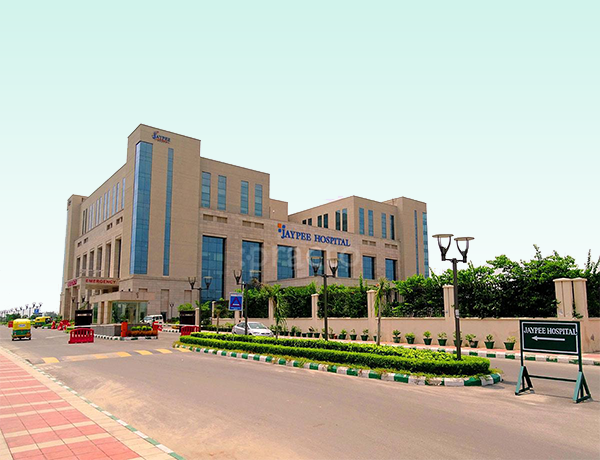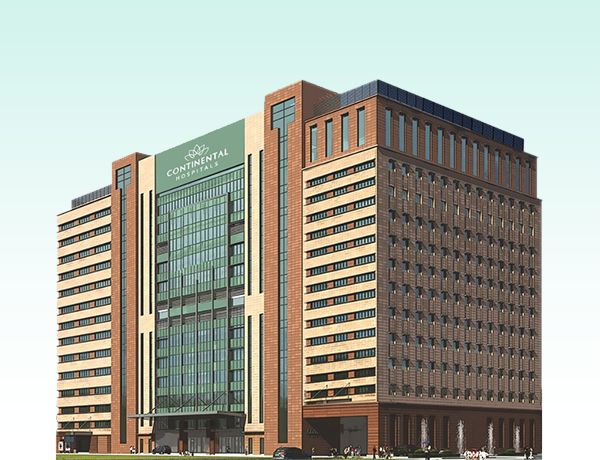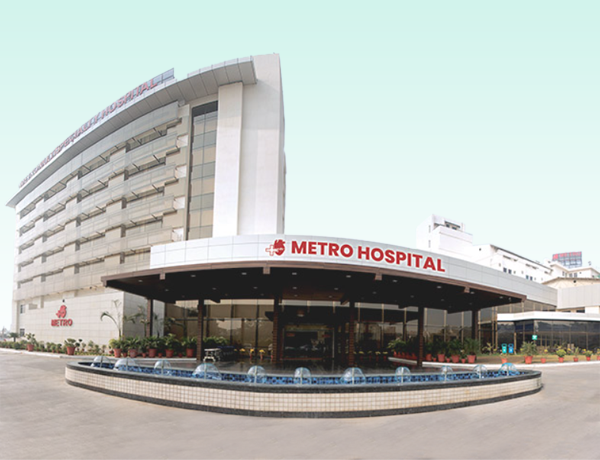Acute Kidney Injury
Acute kidney failure occurs when your kidneys suddenly become unable to filter waste products from your blood. When your kidneys lose their filtering ability, dangerous levels of waste may accumulate, and your blood’s chemical makeup may get out of balance. Acute kidney failure — also called acute renal failure or acute kidney injury — develops rapidly, usually in less than a few days. Acute kidney failure is most common in people who are already hospitalized, particularly in critically ill people who need intensive care. Acute kidney failure can be fatal and requires intensive treatment. However, acute kidney failure may be reversible. If you’re otherwise in good health, you may recover normal or nearly normal kidney function.

Symptoms
Signs and symptoms of acute kidney failure may include:
Decreased urine output, although occasionally urine output remains normal
Fluid retention, causing swelling in your legs, ankles or feet
Shortness of breath
Fatigue
Confusion
Nausea
Weakness
Irregular heartbeat
Chest pain or pressure
Seizures or coma in severe cases
Sometimes acute kidney failure causes no signs or symptoms and is detected through lab tests done for another reason.
Diagnosis
The diagnosis of Acute Kidney Injury involves a combination of medical history evaluation, physical examination, laboratory tests, and imaging studies. Blood tests to measure kidney function, urine tests to assess the presence of blood or abnormalities, and imaging techniques like ultrasound or CT scan may be performed to evaluate the kidneys and identify the cause of AKI.
Who needs Acute Kidney Injury Treatment
Anyone who is diagnosed with Acute Kidney Injury requires immediate treatment to prevent further kidney damage and manage complications. The specific treatment approach depends on the underlying cause and the severity of AKI. Patients with severe AKI or those with complications may need to be hospitalized for close monitoring and specialized care.
When to see a Specialist:
It is important to seek medical attention if you experience symptoms such as decreased urine output, swelling, or persistent fatigue. If you have an existing medical condition that increases the risk of kidney injury, such as diabetes or hypertension, it is recommended to see a specialist regularly for routine monitoring of kidney function.
Types of Treatment for Acute Kidney Injury
The treatment for Acute Kidney Injury focuses on addressing the underlying cause, supporting kidney function, and managing complications. This may involve fluid and electrolyte management, medications to treat infections or reduce inflammation, discontinuation or adjustment of certain medications, dialysis to support kidney function, and treating the primary condition causing AKI.
Road to Recovery
The road to recovery from Acute Kidney Injury varies depending on the cause, severity, and individual factors. In many cases, the kidneys can recover their normal function with appropriate treatment and management of the underlying condition. However, some individuals may experience long-term complications or require ongoing support, such as dialysis or kidney transplantation.
Risk Management
To minimize the risk of Acute Kidney Injury, it is important to maintain good hydration, avoid overuse of medications that can damage the kidneys, manage underlying medical conditions effectively, and promptly seek medical attention for any signs of kidney dysfunction. Regular follow-up visits with a healthcare provider can help monitor kidney function and identify potential risk factors.
Benefits of Acute Kidney Injury Treatment
Timely and appropriate treatment of Acute Kidney Injury can help prevent further kidney damage, improve kidney function, and reduce the risk of complications. By addressing the underlying cause and managing symptoms, treatment can significantly improve the quality of life for individuals with AKI. Additionally, early intervention may help prevent the progression to chronic kidney disease.
Frequently Asked Questions
1. Can Acute Kidney Injury be reversed?
In many cases, Acute Kidney Injury is reversible with prompt and appropriate treatment. However, the chances of recovery depend on the cause, severity of kidney damage, and individual factors.
2.Is dialysis always necessary for Acute Kidney Injury?
Dialysis is not always necessary for Acute Kidney Injury. It is typically recommended for individuals with severe AKI or those experiencing complications that cannot be managed through other treatments. The need for dialysis is determined by the healthcare provider based on the individual’s condition.
3. Can Acute Kidney Injury lead to chronic kidney disease?
Acute Kidney Injury can increase the risk of developing chronic kidney disease, especially if the underlying cause is not effectively treated or managed. Regular follow-up and monitoring of kidney function are essential to detect and address any potential long-term complications.
4. How long does it take to recover from Acute Kidney Injury?
The recovery time from Acute Kidney Injury varies depending on several factors, including the underlying cause, severity of kidney damage, and individual health. Some individuals may recover within a few weeks, while others may require a longer period for complete recovery or may experience long-term kidney damage.
Treatment Plans
- Trauma & intensive care $59
- Aged Care $29
- Community Services $25
- Diagnosis & Investigation $48
- Medical & Surgical $82
- Mental Health $74
- Rehabitation $24
- Specialised Support Service $19
- Trauma & intensive care $59
- Aged Care $29
- Community Services $25
- Diagnosis & Investigation $48
- Medical & Surgical $82
- Mental Health $74
- Rehabitation $24
- Specialised Support Service $19
Treatians As The Best Choice
Treatians understand that seeking medical treatment abroad can be a daunting experience for patients and their families. That’s why the company offers end-to-end support to its clients, from the initial consultation to post-treatment care. The company provides personalized treatment plans that are tailored to meet the individual needs of each patient, and its team of dedicated professionals is always on hand to provide guidance and support throughout the entire process. Contact us at +91-7982312582, drop your email [email protected]
- Trauma & intensive care
- Aged Care
- Community Services
- Diagnosis & Investigation
- Medical & Surgical
- Mental Health
- Rehabitation
- Specialised Support Service
Service Recipient Says

Oxmox advised her not to do so, because there were thousands of bad Commas, wild Question Marks and devious.
Kolis Muller NY Citizen
Oxmox advised her not to do so, because there were thousands of bad Commas, wild Question Marks and devious.
Kolis Muller NY Citizen

























Oxmox advised her not to do so, because there were thousands of bad Commas, wild Question Marks and devious.
Kolis Muller NY Citizen